Why have we chosen reflection as our June theme at SeeShell Consulting?
Because we believe it’s a critical component in the development of not only our relationship with ourself but also how we connect to each other.
First, reflection leads to personal growth. Reflection allows us to learn from our experiences and gain a deeper understanding of ourselves. By reflecting on our actions, thoughts, and emotions, we can identify patterns, strengths, and areas for improvement. This self-awareness helps us make better decisions, develop new skills, and grow as individuals.
Next, reflection leads to improved relationships. Reflecting on our interactions with others helps us understand how our words and actions impact them. It allows us to empathize, appreciate their perspectives, and identify areas where we can improve our communication or behavior. By reflecting on our relationships, we can foster greater understanding, resolve conflicts, and build stronger connections with others.
Consider as well how reflection enhances problem solving. Reflection provides an opportunity to analyze past situations and outcomes. By examining what worked well and what didn’t, we can gain insights that help us solve problems more effectively in the future. Reflection enables us to think critically, generate new ideas, and approach challenges with a fresh perspective.
How is your emotional well-being during these challenging times?
Taking time for reflection promotes emotional well-being. It allows us to identify and process our emotions, understand their triggers, and develop strategies to manage them effectively. By reflecting on our feelings and experiences, we can gain clarity, reduce stress, and cultivate a more balanced and positive mindset.
If you’re like me and consider life a learning journey, you know reflection is an essential component of lifelong learning. By reflecting on our lived and learned lessons, we can consolidate our knowledge, identify gaps in understanding, and set goals for further growth. Reflection helps us extract valuable insights from our experiences, leading to a more meaningful and enriching learning path.
Reflection also encourages self-accountability. By taking responsibility for our actions and decisions, we can reflect on their consequences and make adjustments as necessary. This promotes personal integrity and builds trust with others, as they see us actively engaging in self-reflection and taking ownership of our behavior.
Finally, reflection is a key element of leadership development. In fact, it’s crucial for leadership at all levels. Effective leaders reflect on their strengths, weaknesses, and leadership style. They seek feedback/feedforward, learn from their experiences, and continuously refine their skills. Reflective leaders are more self-aware, adaptable, and capable of inspiring and guiding others.
Reflection is a powerful tool for self-improvement and creating positive change in our lives and the lives of those we interact with.
How are you harnessing this powerful tool, and how has intentional reflection served you and those around you?

